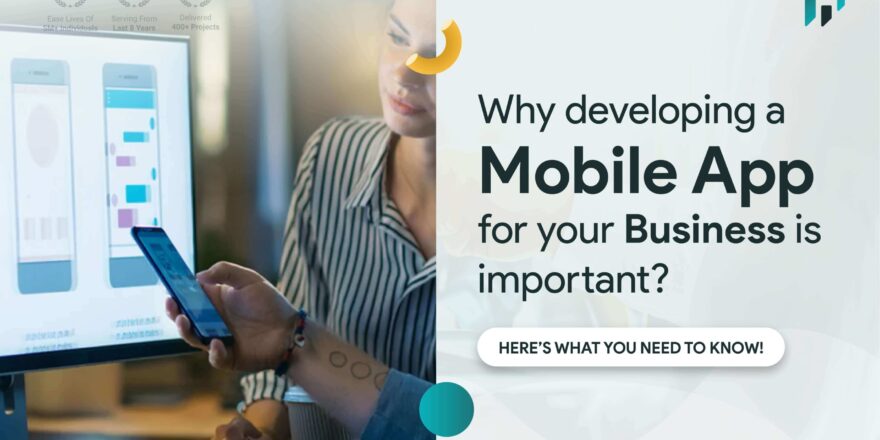The mobile app development landscape is constantly evolving, driven by rapid technological advancements and changing user preferences. Both iOS and Android platforms are seeing significant trends that are shaping the future of mobile applications. Here, we explore what’s next for these leading platforms and how developers can stay ahead of the curve.
Also Read: Integration Challenges: Making CRMs and ERPs Work Together Seamlessly
1. 5G Technology: A New Era of Speed and Connectivity
The rollout of 5G technology is set to revolutionize mobile app development. With faster download and upload speeds, lower latency, and improved connectivity, 5G will enable more robust and data-intensive applications. This includes augmented reality (AR), virtual reality (VR), and high-definition streaming services, offering users a seamless and immersive experience.
2. Artificial Intelligence and Machine Learning
AI and ML are becoming integral to mobile app development, enhancing user experiences through personalization and automation. For instance, AI-driven chatbots and virtual assistants are improving customer service, while machine learning algorithms are offering personalized content recommendations. Both iOS and Android are integrating AI capabilities into their development frameworks, making it easier for developers to incorporate these technologies into their apps.
3. Augmented Reality and Virtual Reality
AR and VR technologies are gaining traction, particularly in gaming, education, and retail. Apple’s ARKit and Google’s ARCore are leading the way, providing developers with powerful tools to create immersive experiences. From virtual try-ons in retail apps to interactive learning modules in educational apps, AR and VR are expanding the possibilities of what mobile apps can achieve.
4. Cross-Platform Development
Cross-platform development frameworks like Flutter and React Native are becoming more popular, allowing developers to create apps for both iOS and Android using a single codebase. This not only reduces development time and costs but also ensures a consistent user experience across different devices. As these frameworks continue to mature, we can expect even greater adoption and improved performance.
5. Enhanced App Security
With increasing concerns over data privacy and security, mobile app developers are prioritizing enhanced security measures. Both iOS and Android are introducing more stringent security protocols and tools to protect user data. Developers are now focusing on features like biometric authentication, end-to-end encryption, and secure backend integration to ensure their apps are safe and trustworthy.
6. Internet of Things (IoT) Integration
The IoT ecosystem is expanding, and mobile apps are at the forefront of this growth. From smart home devices to wearable technology, IoT integration allows mobile apps to control and interact with a wide range of connected devices. This trend is leading to the development of more sophisticated apps that offer users greater convenience and functionality in managing their smart devices.
7. On-Demand Apps
The popularity of on-demand apps, such as those for food delivery, ride-hailing, and home services, continues to rise. These apps leverage real-time tracking, secure payment gateways, and user-friendly interfaces to meet the immediate needs of users. As the gig economy grows, we can expect the on-demand app market to expand further, offering new opportunities for developers.
8. Wearable Technology
Wearable technology, such as smartwatches and fitness trackers, is becoming more sophisticated, and mobile apps are essential for leveraging their full potential. Developers are creating apps that can sync with wearables, providing users with real-time health monitoring, notifications, and other functionalities. This trend is driving the need for apps that are optimized for smaller screens and integrated with wearable sensors.
Conclusion
The future of mobile app development for iOS and Android is exciting, with numerous trends driving innovation and enhancing user experiences. From the advent of 5G and AI to the integration of AR, VR, and IoT, developers have a wealth of opportunities to create cutting-edge applications. By staying informed about these trends and adopting the latest technologies, developers can ensure their apps remain competitive and relevant in the ever-evolving mobile landscape.





